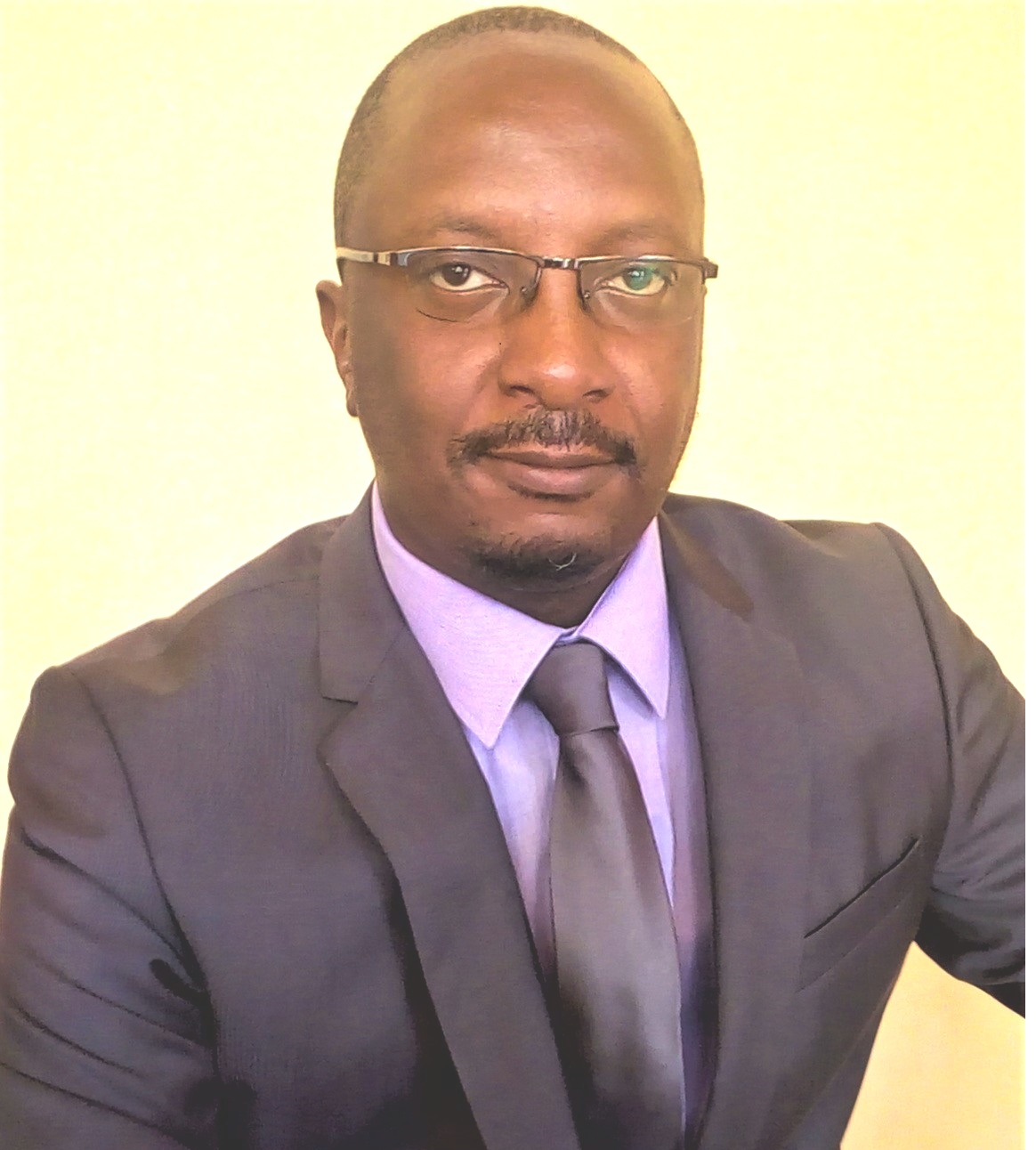ITU News recently caught up with Victor Nkindi, the founder of the Rwanda-based startup, Hooza, which provides a 2-way mobile audio channel to help African governments reach out to a maximum number of citizens.
This technology was used during the 2017 Rwandan presidential elections, helping the National Electoral Commission to strengthen its awareness campaign for civic education. We asked Mr Nkindi a few questions about Hooza, how it helps improve lives and how tech entrepreneurship can flourish in emerging markets.
1. What challenge does your two-way audio channel aim to address?
Our mobile audio solution addresses the urgent need for African institutions to strengthen their communications by ensuring that a majority of individuals are reachable and can participate in the sustainable development of their community, when indeed, 88% of our population does not have access to the internet and 32% is not literate.
2. What has it helped to achieve in Rwanda?
In Rwanda, our solution helped communities to learn about their institutions and gave them a unique platform to participate in political debates by sharing their remarks and recommendations through a mobile audio channel.
The digital media provides real-time data from the concerned population. Institutions can use this data to solve the community’s problems.
For example, in 2017 we partnered with the Rwanda National Electoral Commission to drive a 2 month awareness campaign on civic education using short audio messages in Kinyarwanda (one of the official languages in Rwanda).
The campaign saw more than 400,000 citizens responding everyday with their concerns and inquiries in order to check their names on voting lists, the location of the voting bureau, what they do in case they lose their ID, details on the candidates’ names and backgrounds, or at what age they can vote. The Electoral Commission was able to collect their feedback in real time and immediately address their particular problems, requests or situations.
The solution helped to increase citizen engagement and enhance government responsiveness to their needs.
3. What sparked your interest in this problem and finding the solution?
As a media professional with over 12 years of experience in broadcast media, I am aware of the gap created by the digital revolution when it comes to delivering information to communities:
“Those not connected to the internet do not receive real-time information, and have less access to information via mainstream media, specifically in rural areas.” — Victor Nkindi
So I wanted to create a simple 2 way audio channel accessible through feature phones, with no need for the internet. The solution would give 80% of our populations in Rwanda and the Central African region access to information, beyond the barrier of internet access or illiteracy.
4. What can governments in emerging markets do to support innovation and entrepreneurship?
I am from Rwanda, a country that has decided to switch from an agriculture-based economy to a service-driven economy and that is creating a favorable environment for entrepreneurship and innovation.
RELATED: UN Broadband Commission meets in Rwanda to tackle digital divide
I urge our institutions to fund startups and their innovations while also providing training, coaching and mentorship initiatives. With incubators, accelerators, and enabling ecosystems, the private sector is stronger and more organized, creating opportunities, jobs, and wealth.
“My message is simple: believe in yourself and in your innovation. Because this is what we are: innovators. Entrepreneurs in Africa have so many opportunities as every sector needs their input.”
Hooza benefited from such initiatives through the Tony Elumelu Foundation in 2015 where our idea was chosen out of thousands other African entrepreneur’s projects. We benefited from a mentorship and training program. Our business plan was validated by Accenture and we received seed capital. Such initiatives can be serve as an example to other African institutions and governments to benefit everyone.
5. How did you get to where you are today? Did you have to overcome any particular challenges to get there?
I decided to move from a senior executive position in the private sector to create my own media house Hooza in 2013.
My idea was to create a convergent media using mobile phones as a medium. As mobile phones were becoming the main platform to access content, I wanted to offer audio, video and text content accessible from feature phones and smartphone.
So I started with multimedia content distribution, then I developed ideas to support community development in sectors such as health, education, natural disasters, emergency situations, and public safety. The aim was to provide an effective tool for both top down and bottom up data collection and communications, which would help tostrengthen our institutions.
The challenges are still the same: how to find funding when the private sector is weak and the public institutions allocating funds have other, more immediate priorities.
6. As a successful entrepreneur, do you have any advice for other entrepreneurs?
My message is simple: believe in yourself and in your innovation. Because this is what we are: innovators. Entrepreneurs in Africa have so many opportunities as every sector needs their input.
We are here to participate in the growth of our economies, let’s build it together, private and public. Also don’t hesitate to ask for help and support, and build a team of trusted partners, co-founders, mentors and advisors.
Today I am giving back to my community, advocating for youth empowerment through entrepreneurship and innovation, and working with various local and international institutions and non-profits.
I have been training and mentoring hundreds of young women and men in business accelerators and incubation hubs, impacting Rwanda’s key economic sectors such as agri-business, information and communication technologies, education and health.
For more, contact press@hooza.rw


